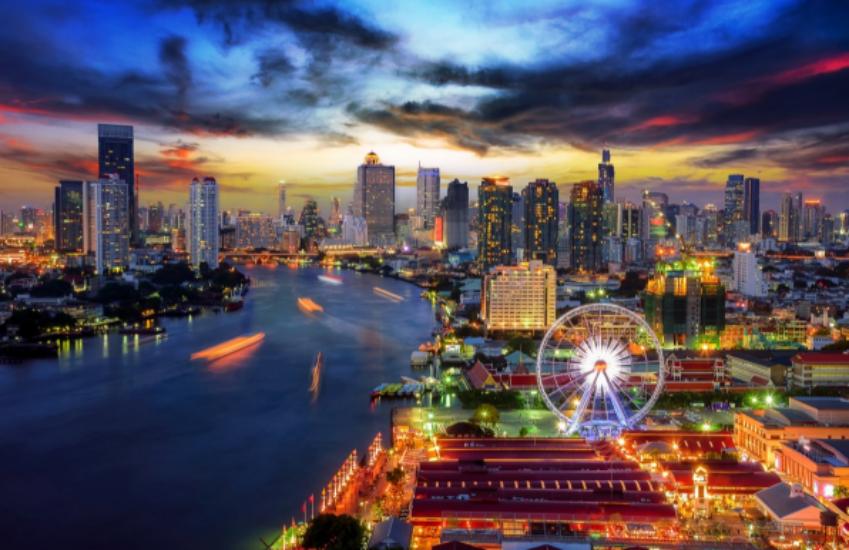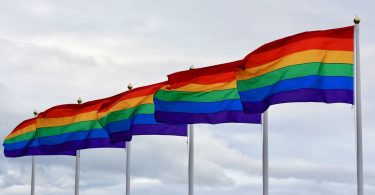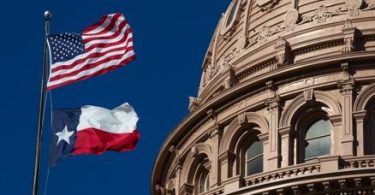LGBTI people from China are increasingly on the lookout for property in Thailand.
The places of most interest for Chinese LGBTI property buyers are Bangkok and Phuket, with many buyers claiming to feel more comfortable in these LGBTI-friendly cities than in their home country.
Chinese buyers who identify as LGBTI account for between 5-8% of total property-buying inquiries in Bangkok, The Bangkok Post reports.
LGBTI inquires are estimated to be around $50-80 million of the almost $1 billion of Chinese investment Thailand has seen over the last 18-months, says Chinese international real estate website Juwai.com.
Thailand is far more LGBTI-friendly than China, where the LGBTI community can still face varying levels of systemic and cultural discrimination.
‘Overseas, many feel free to openly express their identities and their affections and live openly with the partner of their choice,’ said Carrie Law, the chief executive of Juwai.com.
‘They want to own property in a place they can feel comfortable visiting and living in. The advantage in disposable income may be even greater because they do not have children,’ she added.’
In the last 20-years China’s economy has boomed, leading to a greater number of the population having an expendable income.
‘LGBT buyers are more likely to be buying a pure investment property or a residence for their own use as a second or third home,’ says Law. ‘More often they are seen buying in destinations that are popular vacation destinations for LGBT travelers.’
A more comfortable option
Thailand is one of the most LGBTI-friendly countries in Asia and is known for being highly accommodating to LGBTI visitors.
In contrast, China has maintained a mediocre record on LGBTI rights, where, until 2001, homosexuality was considered a mental health disease.
While homosexuality is not illegal in China and LGBTI rights have improved in recent years, the LGBTI community can often encounter problems under the country’s authoritarian regime.
This is particularly true of activists, who can face clampdowns when organizing marches or public events, which, in turn, can affect public education and awareness of LGBTI rights.
Chinese is also notorious for lax guides of censorship, from which LGBTI representation has not been spared.







